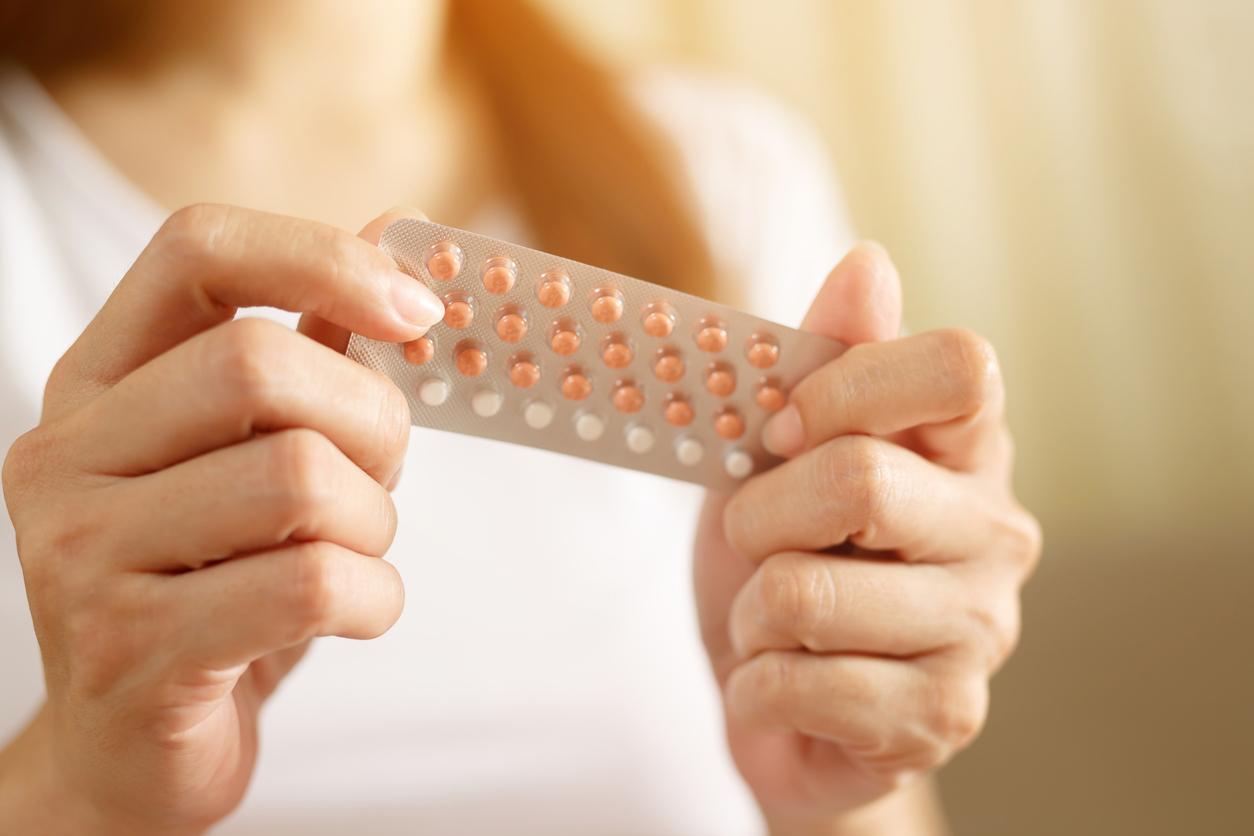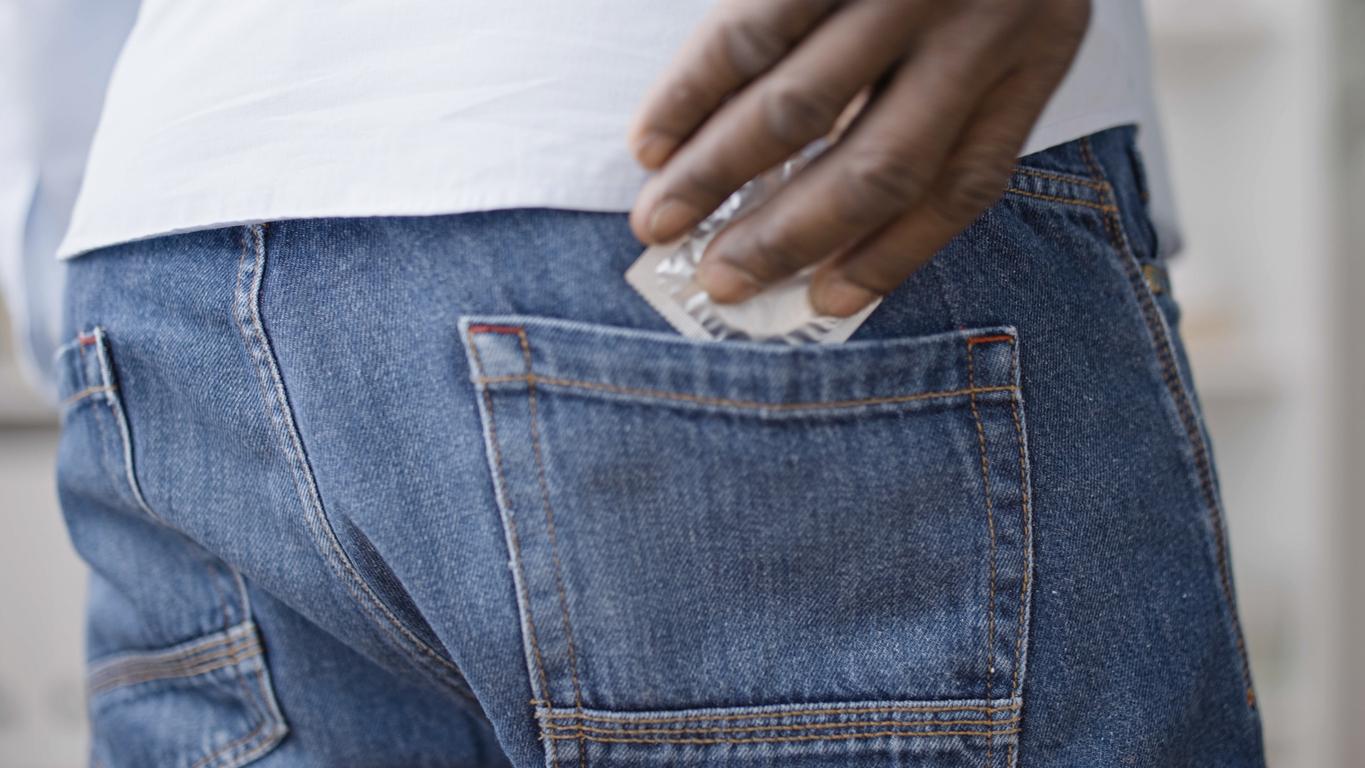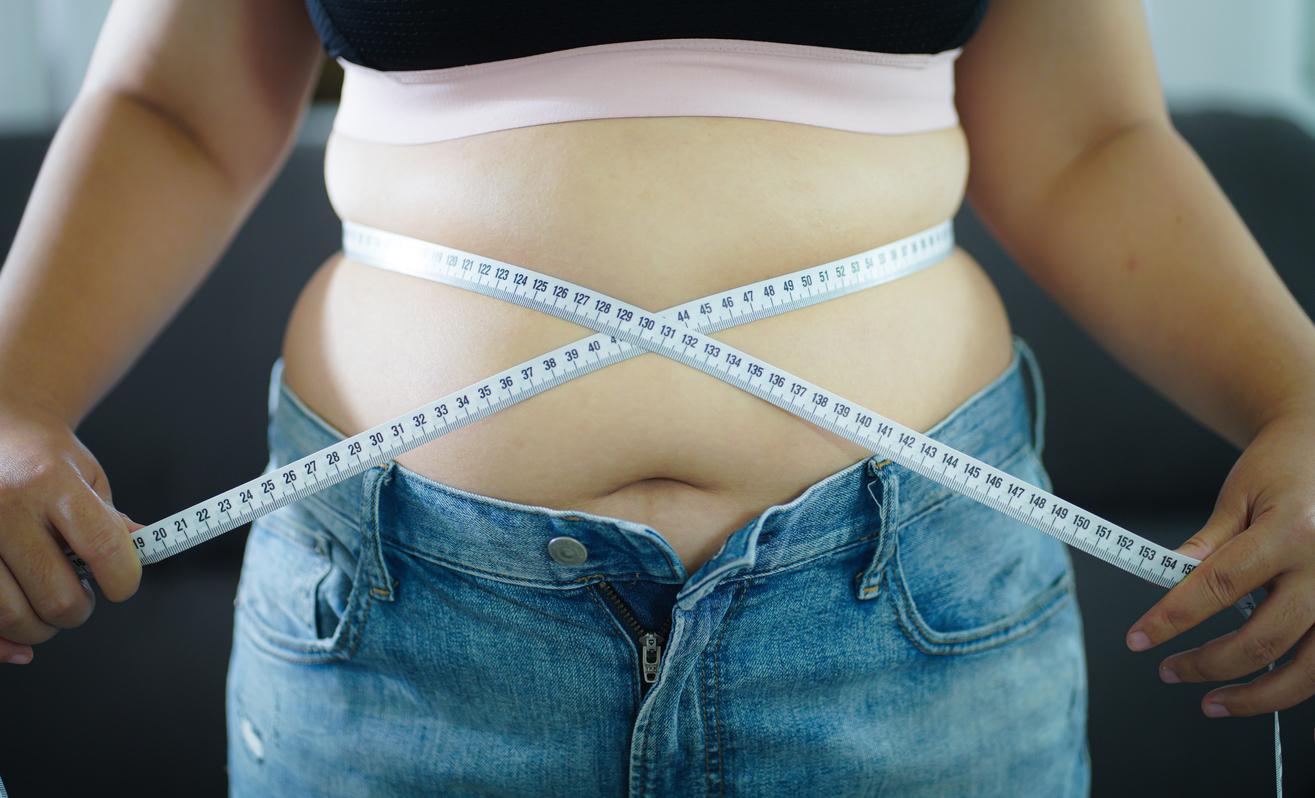More than one in three French people have already taken the morning-after pill, and among them in 33% of cases, this has happened between one and three times. This is what emerges from a survey of 5,171 women by the online pharmacy site newpharma. Investigation, published on August 7, 2018, reveals in which cases women have use of this emergency contraception which avoids a unwanted pregnancy in the event of a contraceptive accident (forgotten pill, unprotected intercourse, broken condom, etc.).
Among the reasons for taking the morning after pill, the respondents invoke in the first place forgetting the usual pill (36% of cases). One incident with a condom (33%) and a unprotected sex (26%) are the two other reasons mentioned by the participants.
The medication should be taken as soon as possible for it to be as effective as possible, namely from the first hours after poor or unprotected intercourse and up to 3 days for the Norlévo method (or its generic “Levonorgestrel”) and 5 days for EllaOne. The majority of respondents are aware that the pill should be taken as soon as possible and ideally within 24 hours (depending on the active principle) to optimize its effectiveness.
Misconceptions about the morning after pill
On the other hand, the survey sheds light on persistent misconceptions about the use of the morning-after pill, a sign if any. lack of information from French womenon this subject: “19% of women think they can take this emergency contraception during their pregnancy and thus avoid a second fertilization”.
Other more frightening figures, 8% of respondents think that the contraceptive effect lasts until the next period. Worse, “6% [des répondantes] believe that the morning after pill also helps protect yourself from sexually transmitted diseases“.
Remember that emergency contraception remains an occasional contraceptive method which does not replace regular contraception and which does not protect, unlike condom, from sexually transmitted infections (STIs) like HIV.
Read also
The number of STIs diagnosed has tripled in 4 years
Contraception: what changes at 40?


















